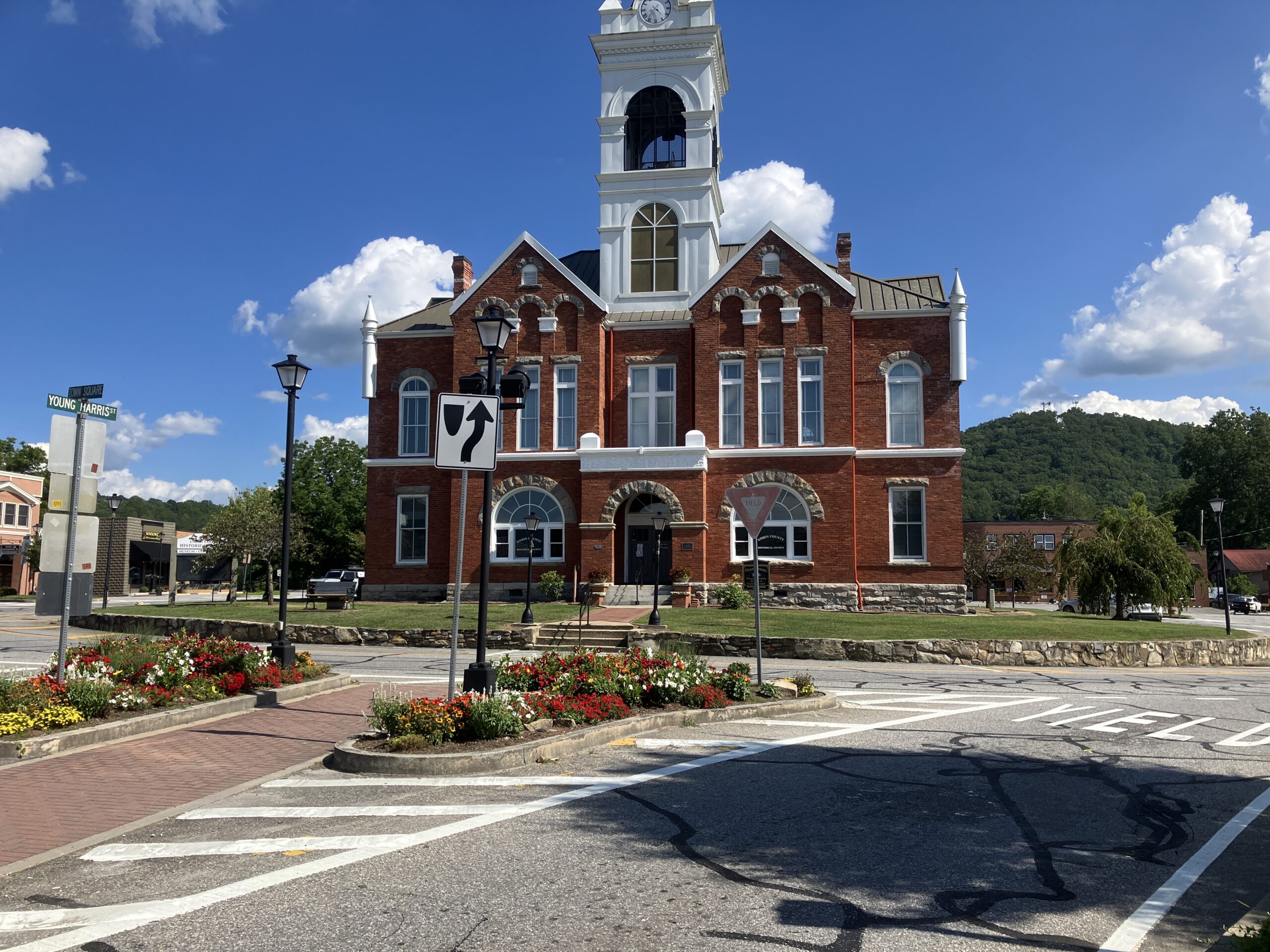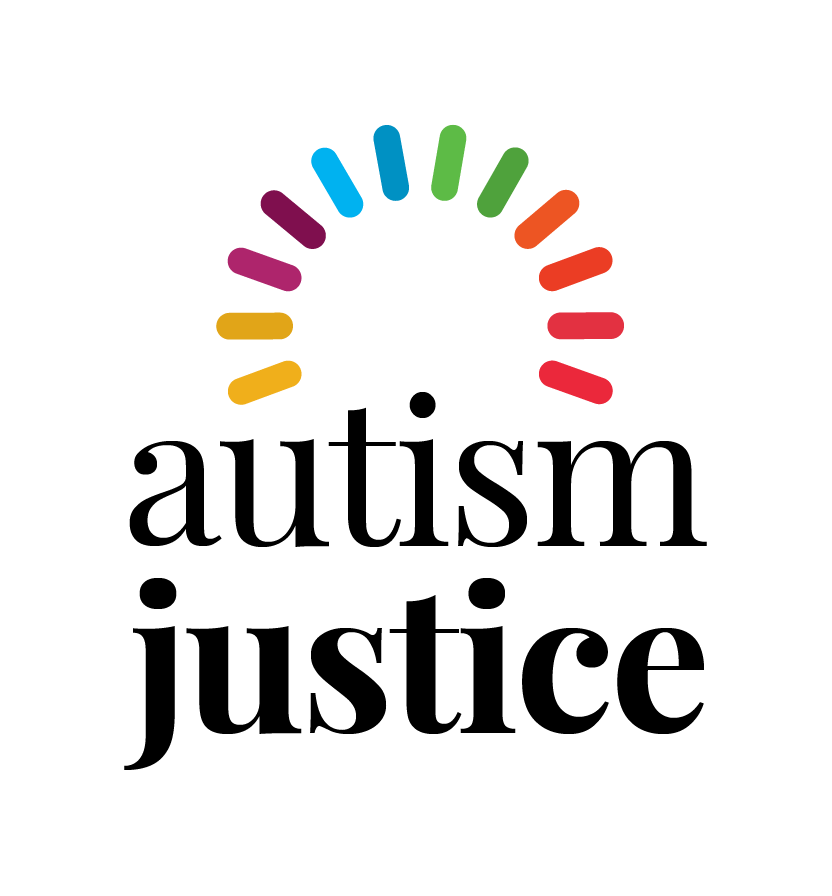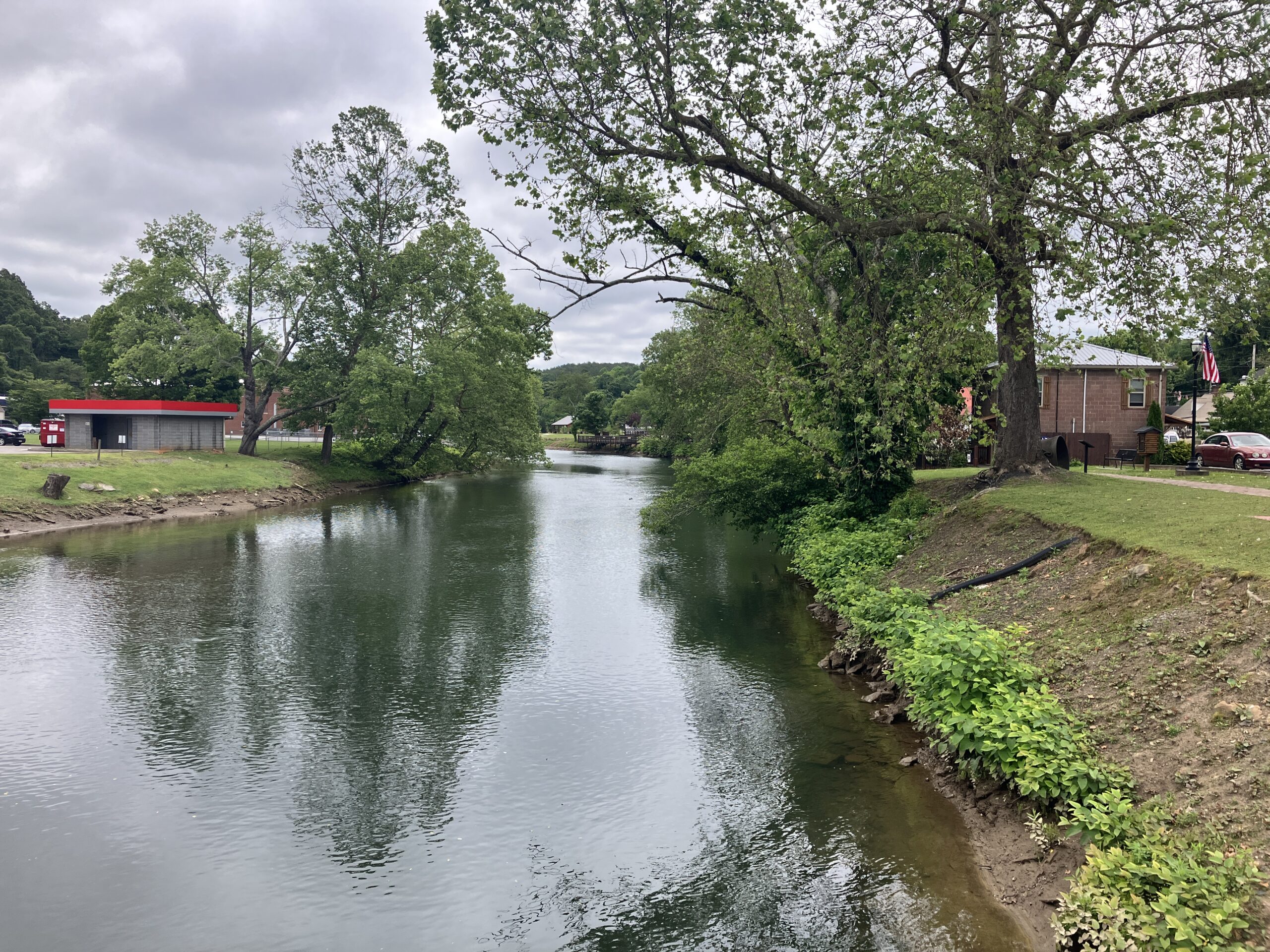The Elder Law Practice of David L. McGuffey is available to provide advice to professionals or to serve as co-counsel for other law firms. As the population ages, litigation firms and general practice firms will encounter “elder law” or “special needs law” situations. Some situations that might require assistance from a Certified Elder Law Attorney include:
1. Should I divorce? (VA Benefits). When people bring up the “D” word, VA benefits is probably the last thing on their mind. For elders, maybe they should stop and consider long-term care costs before tempers push them beyond reconciliation. The general rule is that a non-veteran ex-spouse cannot get VA Aid and Attendance. The benefit this year for a surviving spouse can be $1,100 per month. For some applicants, that might be the difference between affording assisted living or going without help.
2. Divorce as a Medicaid Planning Option. When one spouse requires nursing home care, current law requires that assets owned by BOTH spouses be counted as part of the Medicaid eligibility determination. This concept, known as deeming, continues through initial eligibility. What if the marriage was recent as opposed to long-term. Did the current spouse “sign up” to pay nursing home bills that can run higher than $7,000 per month? In second, third (etc.) marriages, divorce might be an option for protecting the healthy spouse’s retirement. In troubled marriages, the same considerations might apply. Even in long standing marriages, some individuals who are pragmatic might consider divorce as a way to protect assets.
Should divorce be considered in all cases? NO. For purposes of this discussion we are setting aside moral and religious concerns, and are focusing on eligibility and finances. First, for most couples, we can protect the entire estate if one spouse goes to a nursing home and the other remains healthy and in the community. It is when the couple has substantial assets, or when they own significant “odd” assets like rental property that divorce becomes a better option. Another reason why divorce is not the initial go-to answer is income. A healthy spouse might be entitled to income from his or her sick spouse, but an ex-spouse is not. Also, a spouse married to a veteran is potentially eligible for VA Aid and Attendance, while an ex-spouse is not. A spouse might inherit under a sick spouse’s Will, but an ex-spouse is not an heir at-law and divorce usually voids a Will. These are just examples of other issues that should be considered. A well thought out plan is almost always better than a knee-jerk reaction. A Certified Elder Law Attorney can help you develop a plan.
3. Special Needs Trusts and Divorce. Sometimes divorce is the only option that will give individuals peace. But a plan will still give you a better result, especially when one spouse is disabled, or when there is a special needs child. Assets placed in a special needs trust do not count toward SSI or Medicaid eligibility. Alimony (properly) paid to a special needs trust does not count toward benefits eligibility. Child support (properly) paid to a trust does not count toward eligibility. An Elder Law Attorney can help structure the right trust, get it approved by SSI and Medicaid, and educate you regarding how to fund the trust.
4. Personal injury cases. Most elders, and many younger disabled individuals, are on Medicare. The Medicare Secondary Payor Act gives Medicare a right of reimbursement if you recover funds from someone who injured you. Depending on the circumstances, Medicare may also have a right to have you set-aside funds to pay for future Medicare covered health expenses. Similarly, Medicaid has subrogation rights if you recover money after Medicaid starts paying your health care bills. Even if you use a specialty firm to negotiate lien resolution, you will need an Elder Law Attorney to help you maintain future public benefits eligibility. Frequently this involves a special needs trust, but a Certified Elder Law Attorney can help you evaluate other planning options as well.
5. Inheritance and public benefits. What happens when someone on public benefits receives an unexpected inheritance? Do they lose benefits? Is there a way to protect the inheritance while continuing eligibility for SSI and Medicaid? We can point you in the right direction.
6. Capacity issues and probate estates. Sometimes one of the parties in litigation lacks legal capacity. An Elder Law Attorney can help you establish a guardianship, conservatorship or probate estate to facilitate litigation. In some cases, David L. McGuffey serves as personal representative when family members are unavailable or are unwilling to serve. David L. McGuffey is also available to serve as Trustee, or to advise trustees of special needs trusts.
We are available to assist you when issues such as these arise. Call us at (706) 428-0888.

























